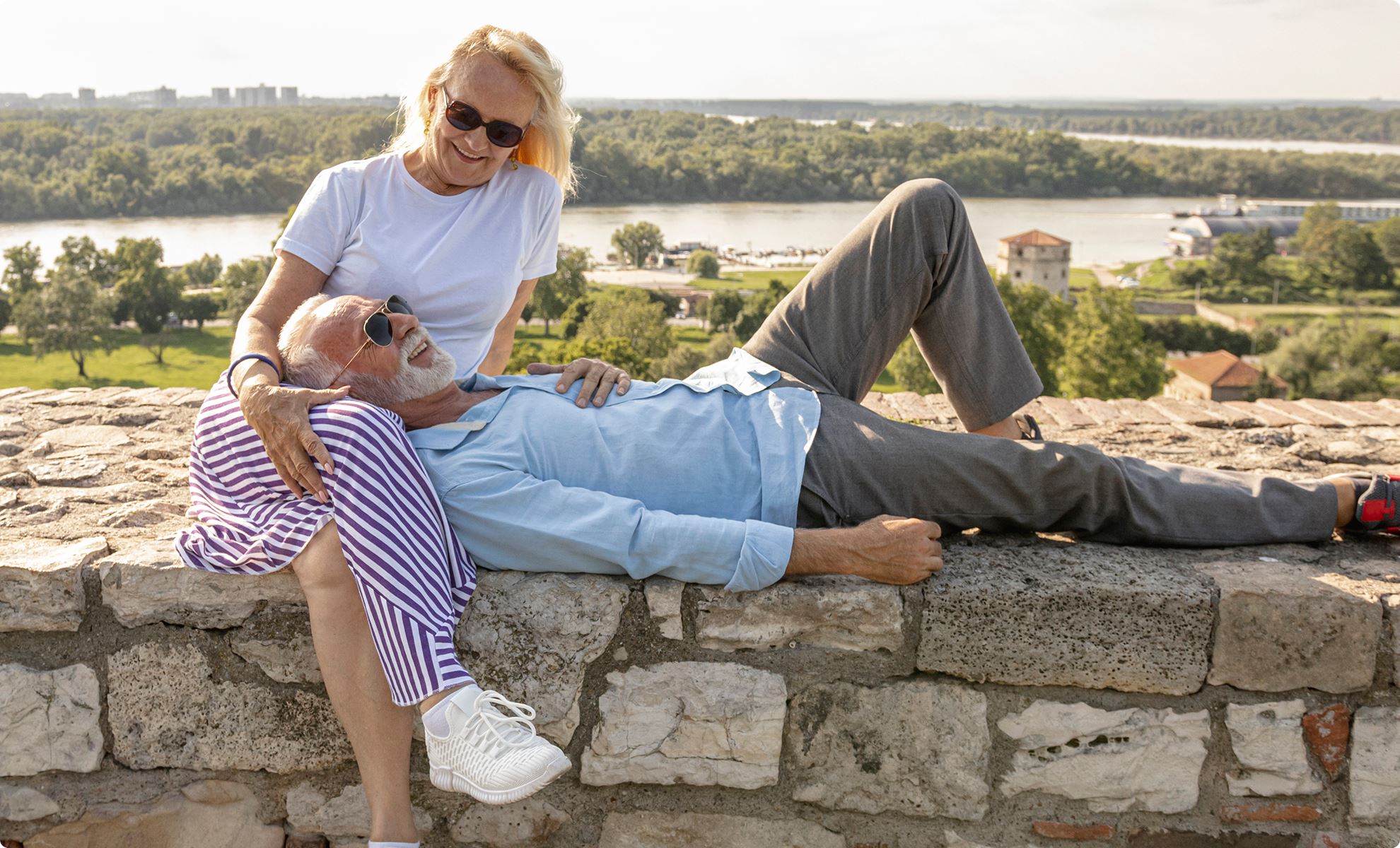
We often assume we’re in good health and only think about our well-being when we get sick or face a medical diagnosis. Many of us feel invincible, and in fact, studies show that over 60% of adults perceive themselves as being younger than their actual age - often by more than a decade. But what if we treated our health with the same long-term mindset we use for saving for retirement?
The habits we build in our 20s can have a lasting impact on our health as we age. To understand the importance of investing in your health, we spoke with Victoria Bannister, Health Ambassador for Seven Hills, about how she prioritizes her well-being and how others can do the same. Victoria has been a wellness professional and lifestyle coach for 25 years. She’s worked with individuals and groups ranging from beginners to competitive athletes.
She’s seen firsthand how investing in health pays off and she works with clients to make health and fitness a priority, starting with the basics. “When people are just getting started on their fitness journey, I focus on sleep and breathing correctly,” she explains.
“Once those foundations are in place, I ask, ‘What physical activities do you enjoy?’ and ‘Can you find an extra 10 to 20 minutes in your day to move?’” Victoria believes that as people start to feel more energized, they naturally want to do more. “Once that energy boost is established, I introduce nutrition and identify areas where we can make sustainable shifts.”
Experts agree that sleep is a fundamental pillar of health. However, over the last decade, studies show that many people are getting less sleep than ever before.
According to the Centers for Disease Control and Prevention (CDC), nearly 35% of U.S. adults report getting fewer than 7 hours of sleep per night, which is below the recommended amount for optimal health. Chronic sleep deprivation is linked to a range of health issues, from weakened immunity to an increased risk of heart disease, obesity, and diabetes.
If you haven’t been investing in your health, it’s never too late to start. “Slow and steady wins the race,” says Victoria. “The first step is being honest with yourself about what can realistically fit into your lifestyle. Jumping from 0 to 100 is a recipe for failure. Most of us aren’t built that way, and that’s perfectly okay.”
As clients begin to see results, they come back for more, and that’s when Victoria increases their activity. “When people feel the benefits, they’re motivated to continue, and we build from there.”
Investing in your health isn’t about drastic changes overnight; it’s about making small, sustainable adjustments that add up over time. Just as we save money for retirement, we should think of health as a long-term investment — one that pays off in energy, vitality, and overall well-being for years to come.